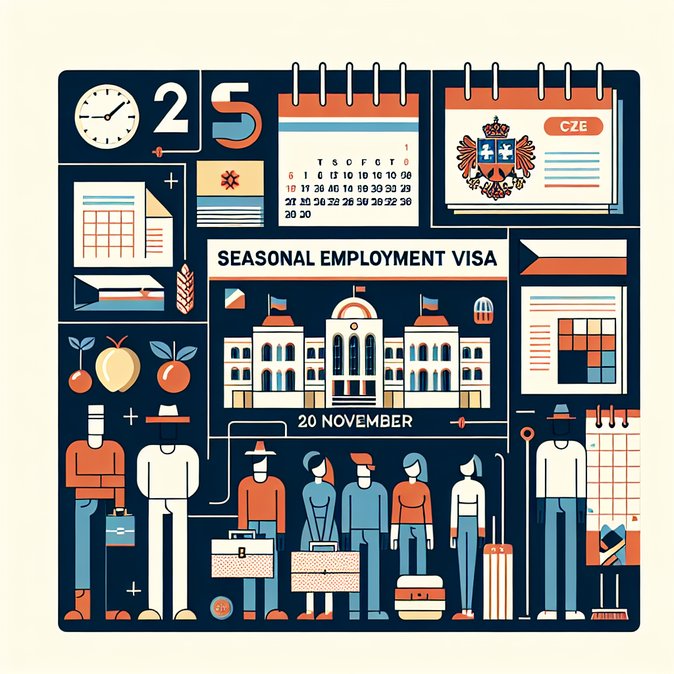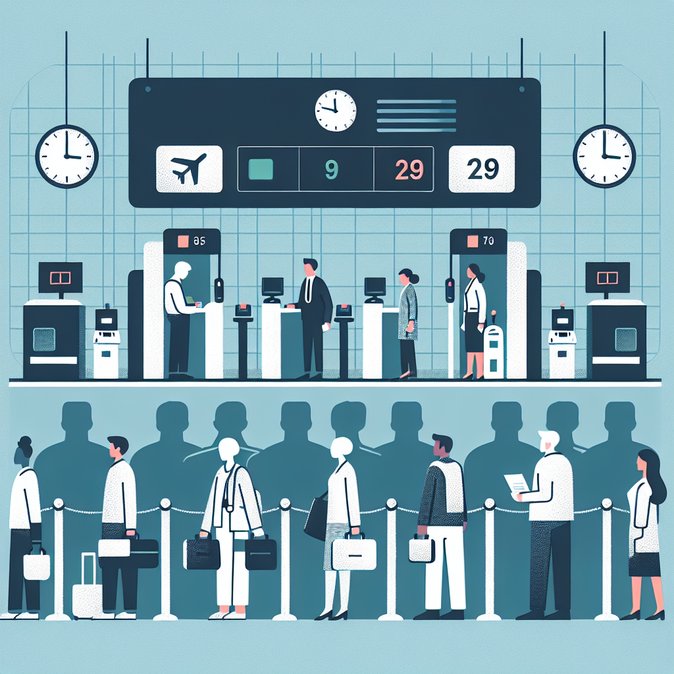
The Czech Embassy in Cairo has quietly posted a notice confirming that appointment slots for long-term seasonal-employment visas will open for just six hours—10:00 to 16:00 local time—on 20 November 2025. Only five submissions will be accepted for the entire month, underscoring the severe quota pressure faced by Egyptian agricultural and tourism workers hoping to spend up to nine months in Czechia under the country’s seasonal-work scheme.
Context: Since July 2025 the embassy has stopped accepting 30 employee-card (long-term work-permit) applications a month outside the government’s Targeted Economic Migration Programmes. Seasonal-work visas remain one of the last accessible pathways for non-programme applicants, but monthly caps are extremely low. Previous booking rounds filled in under three minutes, with reports of appointment-scalping on Telegram groups.
![Czech Embassy in Cairo Announces One-Day Window for November Seasonal-Work Visa Bookings]()
Business impact: Czech agro-processing firms and hotel groups that rely on Egyptian seasonal staff must ensure complete document packs—including labour contracts, accommodation proof and health-insurance certificates—are ready for submission on 20 November. Immigration advisers recommend logging in with low-latency connections and multiple authorised representatives to mitigate the risk of system outages.
Practical advice: Employers should brief candidates that e-mails sent before 10:00 or after 16:00 will be discarded automatically. Successful registrants receive a confirmation within 48 hours; no-shows lose their place for the next two rounds. Because only five files will be accepted, companies may need to explore alternative source markets or shift peak-season scheduling.
Broader outlook: The Cairo post is expected to pilot an embassy-specific online-queue reform modelled on the new e-mail-only system introduced in Hanoi on 1 November. If successful, Prague may roll out the approach to other high-demand missions in early 2026.
Context: Since July 2025 the embassy has stopped accepting 30 employee-card (long-term work-permit) applications a month outside the government’s Targeted Economic Migration Programmes. Seasonal-work visas remain one of the last accessible pathways for non-programme applicants, but monthly caps are extremely low. Previous booking rounds filled in under three minutes, with reports of appointment-scalping on Telegram groups.

Business impact: Czech agro-processing firms and hotel groups that rely on Egyptian seasonal staff must ensure complete document packs—including labour contracts, accommodation proof and health-insurance certificates—are ready for submission on 20 November. Immigration advisers recommend logging in with low-latency connections and multiple authorised representatives to mitigate the risk of system outages.
Practical advice: Employers should brief candidates that e-mails sent before 10:00 or after 16:00 will be discarded automatically. Successful registrants receive a confirmation within 48 hours; no-shows lose their place for the next two rounds. Because only five files will be accepted, companies may need to explore alternative source markets or shift peak-season scheduling.
Broader outlook: The Cairo post is expected to pilot an embassy-specific online-queue reform modelled on the new e-mail-only system introduced in Hanoi on 1 November. If successful, Prague may roll out the approach to other high-demand missions in early 2026.


